Back to Courses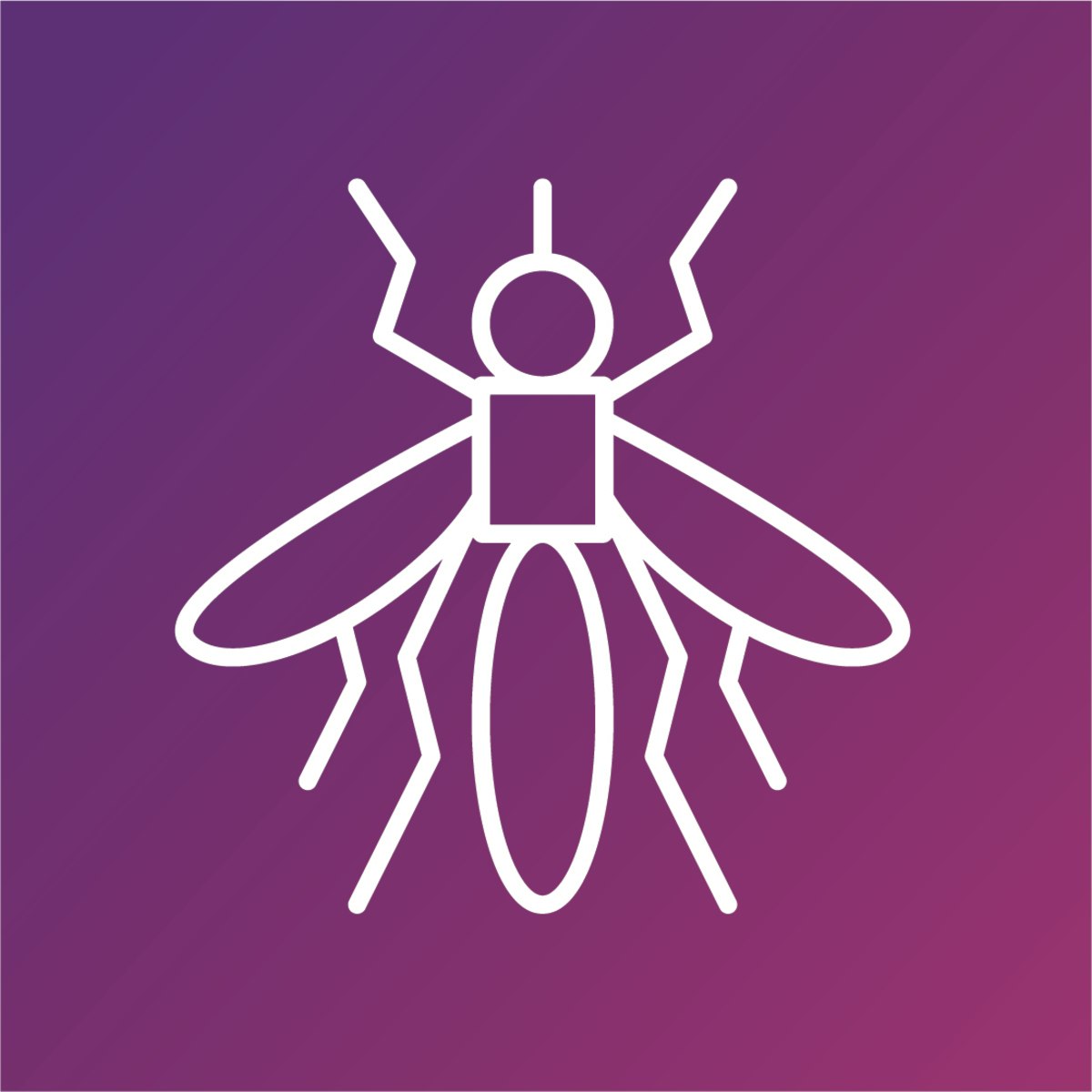


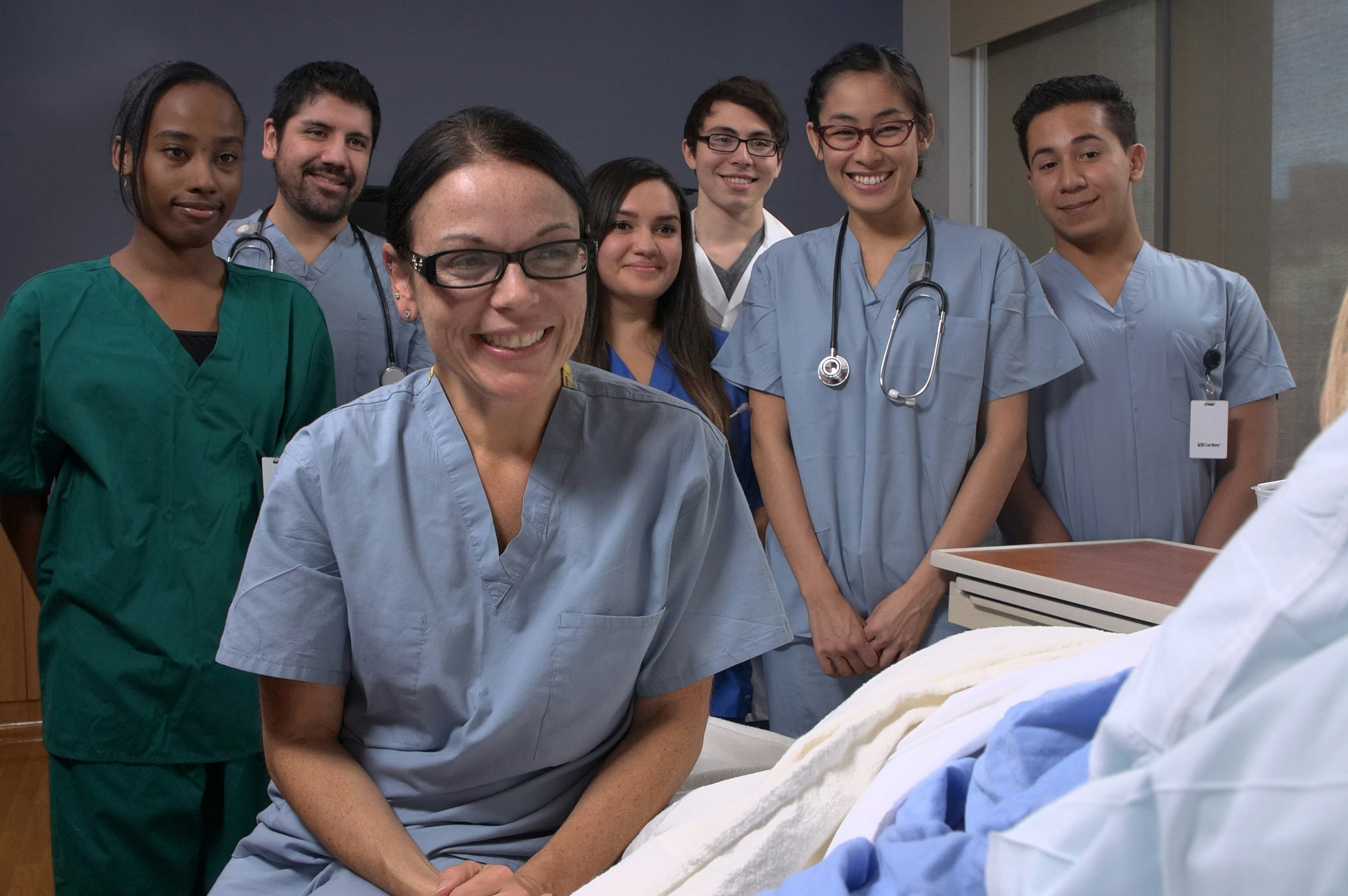
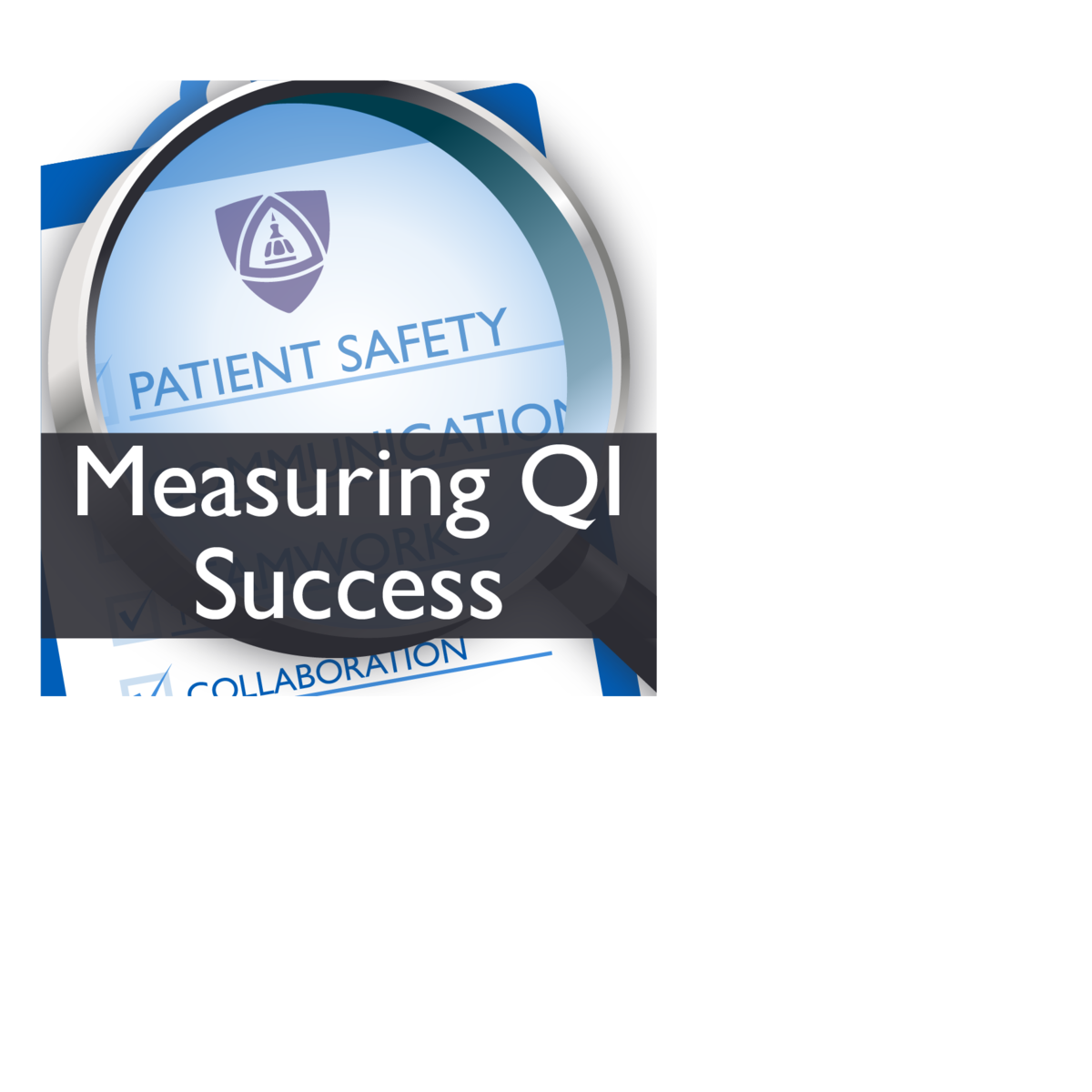
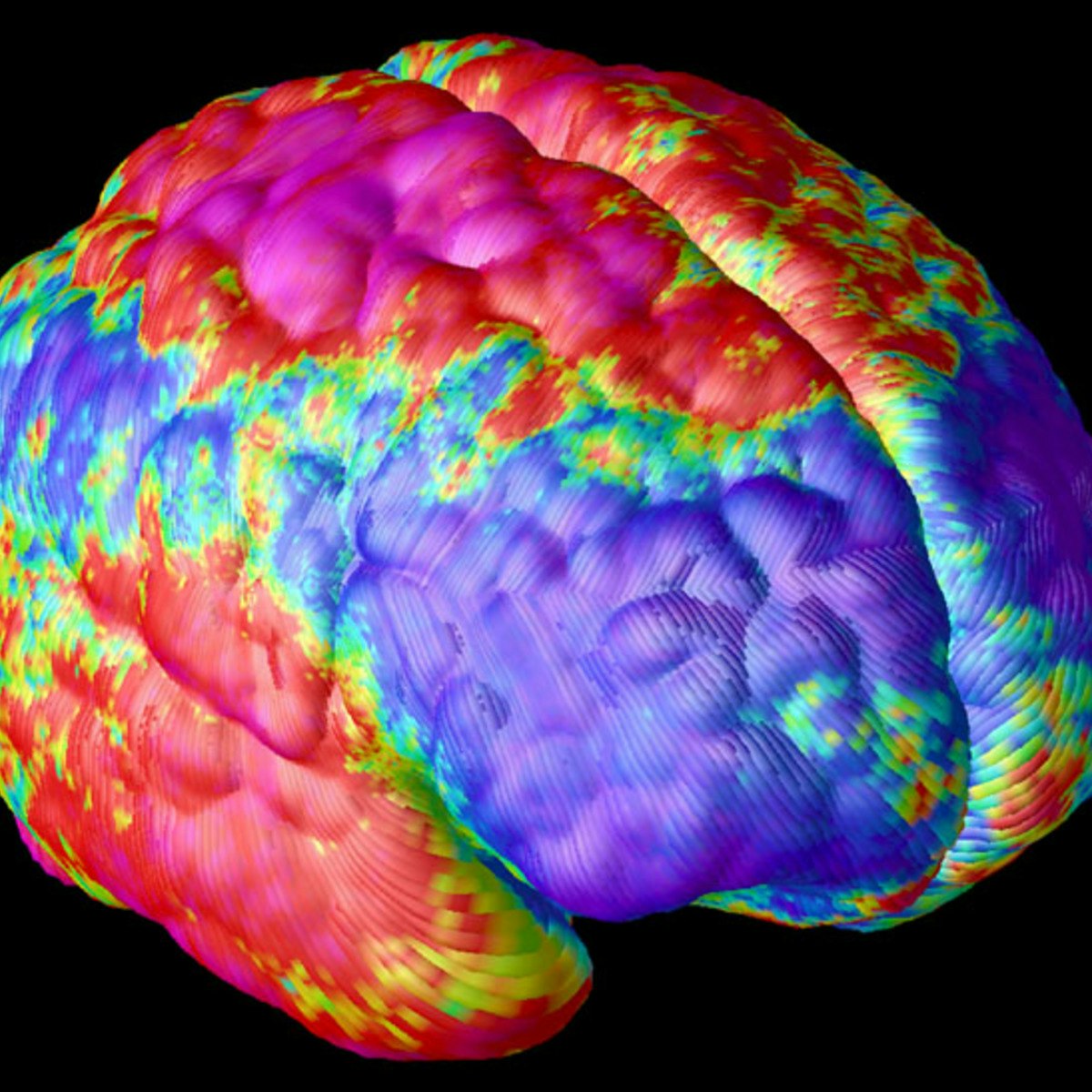



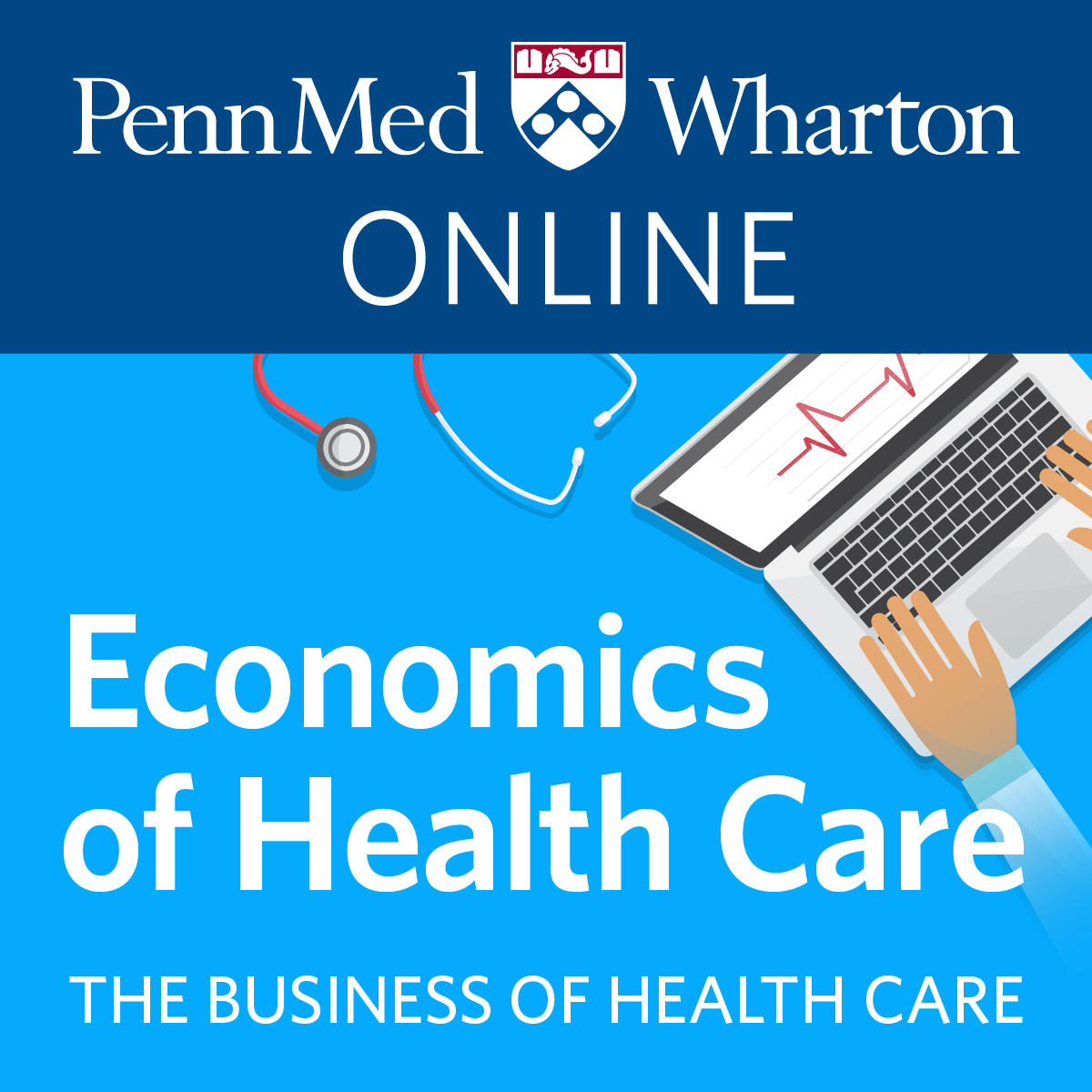
Life Sciences Courses - Page 31
Showing results 301-310 of 644

Building on the SIR Model
The other two courses in this specialisation require you to perform deterministic modelling - in other words, the epidemic outcome is predictable as all parameters are fully known. However, this course delves into the many cases – especially in the early stages of an epidemic – where chance events can be influential in the future of an epidemic. So, you'll be introduced to some examples of such ‘stochasticity’, as well as simple approaches to modelling these epidemics using R. You will examine how to model infections for which such ‘population structure’ plays an important role in the transmission dynamics, and will learn some of the basic approaches to modelling vector-borne diseases, including the Ross-McDonald Model.
Even if you are not designing and simulating mathematical models in future, it is important to be able to critically assess a model so as to appreciate its strengths and weaknesses, and identify how it could be improved. One way of gaining this skill is to conduct a critical peer review of a modelling study as a reviewer, which is an opportunity you'll get by taking this course.

Responsible Reporting on Suicide for Journalists
Responsible Reporting on Suicide for Journalists is designed to give working journalists and students who are interested in the field an understanding of how news media can impact suicide trends and how that power can be used to improve public health. An extensive body of research shows that certain methods of reporting on suicide deaths can increase the number of subsequent suicides among the public. Conversely, responsible methods of reporting on suicide can increase the likelihood of people seeking help. The World Health Organization and the Centers for Disease Control and Prevention have both identified responsible suicide reporting among the media as a key mechanism for suicide prevention. This course aims to give journalists the concrete tools they need to fulfill that goal and make a positive public health impact with their reporting.

Qualitative Research Design
This course introduces qualitative research, compares and contrasts qualitative and quantitative research approaches, and provides an overview of qualitative methods for data collection. It outlines a step-by-step approach to qualitative research design that begins by identifying a public health topic of interest, works to hone in on a specific research problem, and then specifies research questions, objectives, and specific aims. The course emphasizes the iterative nature of research design in qualitative inquiry and highlights the importance of specifying a population of interest, an appropriate sampling strategy, and potential approaches to recruitment. It introduces the relationship between these considerations and key concepts such as saturation and transferability in qualitative research. Finally, the course considers ethical concerns specific to qualitative research and potential solutions. Learners of this course will not only be able to put what they learn into practice, but they'll also develop a portfolio of qualitative research materials for career advancement.

Career 911: Your Future Job in Medicine and Healthcare
This course aims to help high school students, recent graduates, and those considering career transitions explore health care career options and learn strategies for entry into the health care workforce and health related fields.
There are lots of amazing job opportunities in medicine and healthcare! Join us, as we share the strategies and secrets for getting those jobs. This course will introduce you to healthcare professions, help you map a path towards a health career, and impart skills relevant for any career, including: articulating your personal story, resume and cover letter writing, job search, interviewing, professional networking, and professional communications. In this course, you will hear the personal stories, experiences, and journeys of dozens of people who work in health related careers. You will also have the opportunity to connect with a supportive community of students, mentors, and health care professionals to explore your interests, find resources, and discover exciting new opportunities.
The course features more than 50 different guests and lecturers, including Northwestern University faculty from Feinberg School of Medicine; the Kellogg School of Management; the Medill School of Journalism, Media, Integrated Marketing Communications; the School of Professional Studies; Weinberg College of Arts and Sciences; and the School of Communication.
The course is also a resource and tool through which educators, parents, career counselors and others can support students’ career readiness and professional advancement.

Measuring the Success of a Patient Safety or Quality Improvement Project (Patient Safety VI)
How will you know if your patient safety and quality project is meeting its objectives? Peter Drucker once said “What gets measured, gets managed.” In this course, students will learn why measurement is critical to quality improvement work. Equally important, they will learn which data sources provide the most meaningful information and tools for how and where to locate them. Finally, students will learn how to interpret data from their patient safety and quality projects to guide and modify them during implementation to maximize their chances of making a difference for patients.

Schizophrenia
The main goal of this class is to gain an introductory exposure to the nature of the psychiatric disorder known as schizophrenia as revealed by the scientific method. We will discuss a broad range of findings from the scientific investigation of biological and psychological factors related to schizophrenia and its treatment. More specifically we will learn about: (1) key symptomatic features through discussion and enactments of interviews with actors portraying many of the cardinal features of the illness, (2) what brain imaging studies (MRI and fMRI) and neurochemistry have taught us about the neuroscience of the disorder, (3) scientific psychological data and theories concerning cognition, emotion and behavior in schizophrenia, and (4) current, evidence-based somatic and psychosocial approaches to treatment. A brief historical overview of the recent emergence of the psychiatric category of schizophrenia will be presented as well.

Community Awareness: Police Brutality in the U.S.
The tragic deaths of George Floyd, Breonna Taylor, and Ahmaud Arbery have sparked a wave of renewed protests against police brutality across the United States. These nationwide uprisings have transformed into an intense interest from the public around understanding systemic racism and abuse of power. Millions of Americans and people around the world are watching incidents of police violence and excessive force captured on video, but are looking to learn about the inequalities at the root of these incidents. While the calls of Black Lives Matter protesters to #DefundThePolice are being heard for the first time by many Americans, they are part of a longstanding effort by communities and activists to reinvest in communities rather than policing and prisons. In this course, you will learn about the history of police violence in America, become aware of laws and policies that prevent accountability, understand the demands of protesters, and gain the knowledge and tools to fight for change locally. The content for this Community Awareness course is adapted from a Teach-Out launched in July of 2020 from experts from across the United States involved in activism, social work, law, government, and higher education.

Everyday Chinese Medicine
This course aims to serve as an education platform on Chinese medicine (CM) for the general public. Our primary goal is to empower healthcare choices by promoting awareness and practical application on CM diagnostic and therapeutic approaches, as well as regulation on CM services and herbal products using international examples.
In the first part of this course, learners will develop skills in applying basic theory of Chinese medicine (CM) for understanding health and illnesses, and be able to compare and contrast views from Chinese and western medicine perspectives. In the second part, learners will be able to diagnose their own CM body constitution, and to apply appropriate CM self-care practice including food therapy, acupressure, Baduanjin and meditation. Learners will also be able to identify commonly used Chinese herbs, and to describe the core principle of acupuncture.
Specific competencies include:
1. State the basic theory of Chinese medicine and compare it with the principle of western medicine.
2. Apply the diagnostic approach of Chinese medicine and describe one’s body constitution.
3. Describe the core principle of Chinese herbs and acupuncture, and to understand their role in promoting health and wellness.
4. Develop self-care plan according to body constitution, using the practice of food therapy, acupressure, and Baduanjin.

Capstone Project: Advanced AI for Drug Discovery
In this capstone project course, we'll compare genome sequences of COVID-19 mutations to identify potential areas a drug therapy can look to target. The first step in drug discovery involves identifying target subsequences of theirs genome to target. We'll start by comparing the genomes of virus mutations to look for similarities. Then, we'll perform PCA to cut down our number of dimensions and identify the most common features. Next, we'll use K-means clustering in Python to find the optimal number of groups and trace the lineage of the virus. Finally, we'll predict similarity between the sequences and use this to pick a target subsequence. Throughout the course, each section will consist of a programming assignment coupled with a guide video and helpful hints. By the end, you'll be well on your way to discovering ways to combat disease with genome sequencing.

The Economics of Health Care Delivery
In this course, you’ll learn about the key components of health care, and the economics behind their principles and pricing strategies. Professors Ezekiel Emanuel of Penn Medicine and Guy David of the Wharton School have designed this course to help you understand the complex structure of the health care system and health insurance. Through study and analysis of providers and insurance through an economic lens, you’ll learn how basic economic principles apply to both principles and payment methods. By the end of this course, you’ll be able to identify different types of health care providers and understand the dynamic between the providers and patient so you can employ best practices and maximize profit for your health care organization.
Popular Internships and Jobs by Categories
Find Jobs & Internships
Browse
© 2024 BoostGrad | All rights reserved